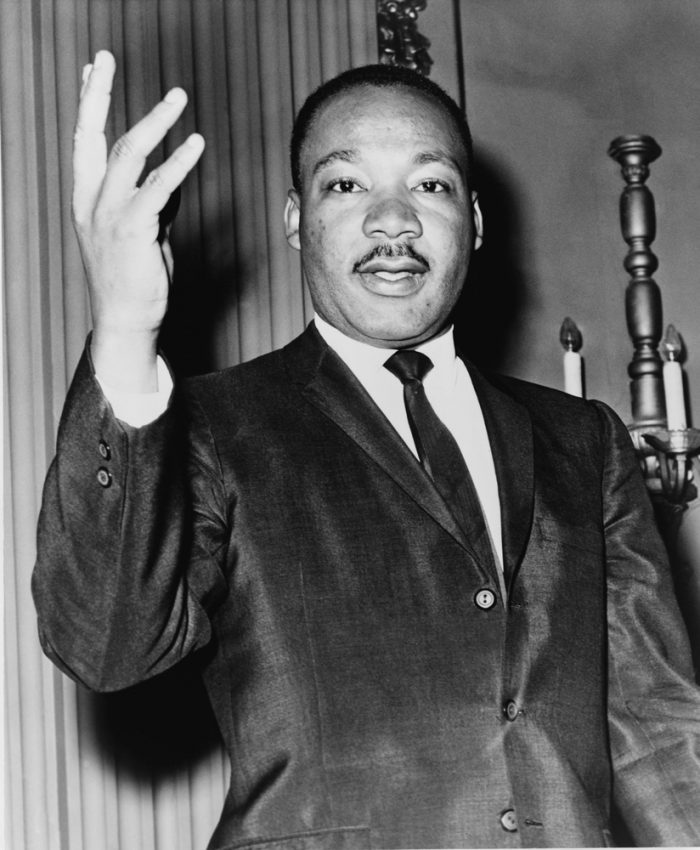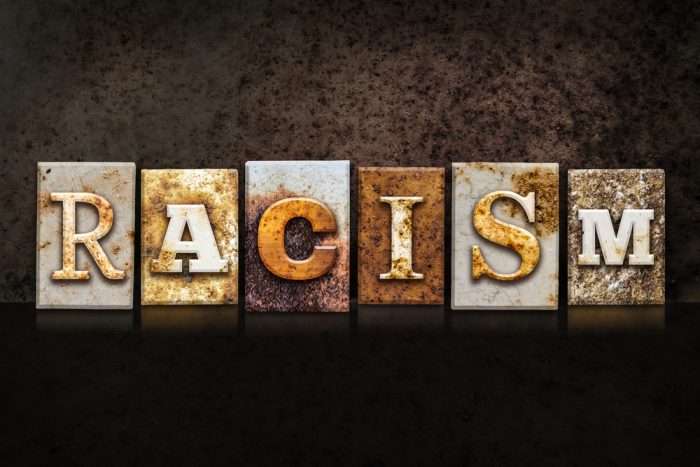Abstract
Writing a Letter from Birmingham Jail analysis essay offers the student the gift of going back in time to the courage and ferocity of the Civil Rights Movement to examine one of the most eloquent documents of that era. The Civil Rights Era was one of the uglier periods in American history—and one of the most triumphant and inspiring. No document embodies this dichotomy as fully as King’s Letter from Birmingham Jail. In it, King details many of the horrors that black Americans have suffered at the hands of white hatred and complacency. Yet, the letter is without a doubt, a document of hope and conviction, inspiration and profundity. This paper details the background circumstances that provoked King in writing the letter and examines closely the brilliance contained in the words, ultimately discussing why it remains such a lauded document even today.
Introduction
Letter from Birmingham Jail is often unanimously lauded as being the seminal primary document from the Civil Rights era (Brymer, 2014). Many scholars find it even more compelling than King’s
I Have Dream Speech. King wrote the letter while imprisoned after the Birmingham campaign. This campaign commenced on April 3, 1963 with various forms of non-violent protest in Birmingham, Alabama as a means of protesting the evils of racism and racial segregation (Rieder, 2014). The two main factions that united during these protests were King’s Southern Christian Leadership Conference (SCLC) and the group the Alabama Christian Movement for Human Rights (ACMHR). One of the local judges issued a blanket injunction against all forms of protesting and the leaders of the non-violent resistance, King included, yet they decided to protest anyway (Rieder, 2014). King, among a few other leaders of the movement were arrested on April 12th. Under imprisonment, many have speculated that the intention of those in power was to break King’s spirit: he was placed in a dark cell without even a mattress and was not allowed a singe phone call. Some have speculated that for King, this cell was like a dungeon of despair (Rieder, 2014). However, “a black trustee sneaked him a Birmingham newspaper along with his breakfast. Opening the paper, King happened upon “A Call for Unity” by eight of Alabama’s leading white clergymen… Every one of them had signed the January ‘
An Appeal for Law and Order and Common Sense’ that urged obedience to court decision that ordered desegregation” (Reider, 2014). This statement must have been staggering to King, given his circumstances and the good fight he was involved in. However, the tone-deaf, willfully unfair nature of it inspired one of the greatest living documents about justice and race relations in America that we have ever known.

Summary
One of the most striking aspects of the letter is the fact that King is able to craft it from a prison cell without the help of any research texts to aid him. It all comes from his memory and education. He’s able to accurately cite some of the greatest minds of the human race, quoting everyone from
Socrates to St. Augustine to
Thomas Jefferson. In terms of scholarship it is a masterful document and one would think that he crafted it from within the depths of a university research library rather than within the narrow quarters of a jail cell. The document demonstrates that King’s mind was an exceedingly rich place and one where he was able to gather the most inspiring quotations and philosophies from some of the greatest thinkers the human race has ever encountered.
The letter shows how King is able to very artfully redirect the criticism that has been cast upon him and show how the white Americans and religious leaders who dared to hurl tone-deaf criticism on him are actually the ones who dare undermine justice and the greater good in this country. It is easy, King repeatedly demonstrates, to sit idly on the sidelines passively watching while the injustices of the era don’t impact one directly. This indictment was so necessary because King and his supporters really did risk everything in order to create meaningful change for a world that had been nothing but unkind to him and his children.
King’s letter responded to the criticism that was waged at him by this biased (and presumably corrupt) clergymen, point by point. The crux of their argument was that when people want to fight social injustice, they should do so within the confines of the laws in place. The main point these clergymen attempted to highlight, was that breaking...
King was able to turn this argument on its head, showing its inherent fallibility and how such a mindset only serves to protect those in power. The triumph of this letter is that King is able to respond to this fallibility through arguments based on religious, legal, and historical ideas. As a citizen, he is able to call out the nightmarish circumstances for so many African Americans, while using strong persuasive tactics to sway the sensibilities towards his viewpoint. At its core, the letter is a tremendous justification for the methods, strategies and objectives of the Birmingham campaign, as architected by him, and of the greater
Civil Rights Movement as a whole.
Another beacon of light that the letter provided was that King offered a fresh perspective on the myopic disapproval voiced by the clergymen in regards to the tensions manifested by the acts of non-violent resistance. King was able to offer a clear explanation of how they were attempting to actively create “constructive tensions as a means of provoking worthwhile negotiations with those who were in control of political power. Just as important, King illustrated that because so many earlier negotiations had failed, black Americans had no other options. This he illustrated clearly.
An additional aspect of defense and explanation that King had to address was the attack the clergymen had made regarding the overall timing of the campaign. Essentially, these community leaders argued that it would have been better if the black community had waited to engage in such “extreme” action. King showed how his group, the SCLC had already made a decision to wait, as a means of regrouping a better overall strategy—a decision which indicated a high amount of responsibility. However, one of the more insightful things that King insightfully points out is that throughout history, “wait” often means “never.” It is the “tomorrow and tomorrow and tomorrow” that
Shakespeare speaks of that never actually comes. As an accountable citizen and one is who is willing to make courageous actions to create change in society, King knows that in order to correct the imbalance of society, swift action must be taken regardless of what the current law is. The letter further asserts the necessity of civil disobedience, meditates on extremism, expresses frustration with white moderates, and alludes to the necessity of the clergymen to praise the courage of the protesters rather than the police, who had happened to act non-violently during this one incidence.

Analysis
King opens the letter by explaining why he is in Birmingham, since he is a minister based in Atlanta. The reason he addresses this practical question first is because that was one of the first strains of criticisms the clergymen had posted in their statement. These clergymen were up in arms for a variety of reasons, but one of the first reasons they expressed their displeasure was as a result of “outsiders coming in.” Many of the protestors coming into participate in the Birmingham campaign were not local to the community.
King addresses this in a two-fold manner: he offers the practical reason why his section of the SCLC was there, as well as a philosophical reason. The practical reason King describes details how SCLC is not localized to any one southern state, but operates throughout the south. The organization shares team members and resources with all affiliating chapters. King explained that they were there because they received an invitation from a colleague part of the Birmingham chapter of SCLC as a result of their organizational connections. This practical explanation is important because it shatters the illusion that King and his protestors are just people creating drama in a city they don’t even live in.
However, more memorably King explains that he is in Birmingham “because injustice is here.” King compares the work that he is doing to that of eighth-century prophets carrying the word of God to villages beyond their hometowns or to the work of
Paul the Apostle sharing the Gospel to all the communities within the Greco-Roman region. This comparison is so essential because its creates a platform for King to argue that he too is following in their footsteps and sharing his own “gospel of freedom.” Furthermore, King argues, all communities and states are interconnected and when injustices occur in a state that is not his own, he is unable to sit idly by. He then delivers one of…





